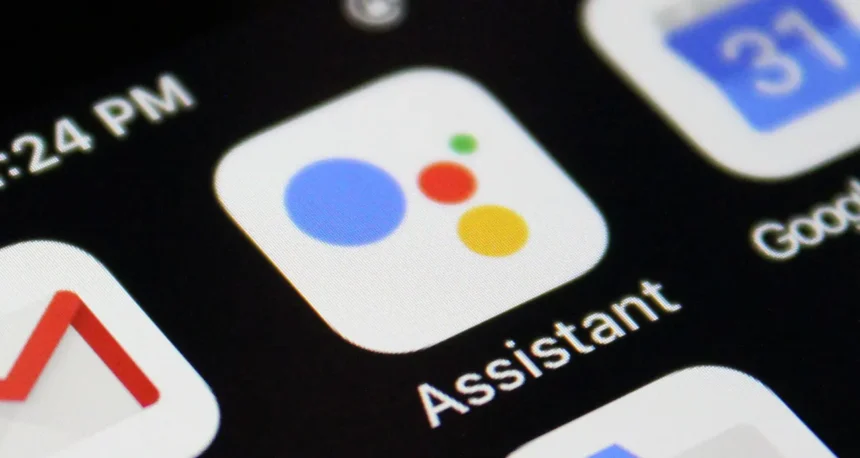Google Assistant’s fate has been uncertain for over a year. Once a crown jewel of Google’s mobile and smart home strategies, the software played a pivotal role in the company’s ecosystem. Five years ago, Google aggressively promoted its Home Mini speakers, aiming to expand its reach.
However, ahead of next week’s Made by Google 2024 event, the company has confirmed that Google Assistant is here to stay—at least within the Home/Nest ecosystem.
During the pandemic, both Google Assistant and Amazon Alexa saw a surge in usage as people spent more time at home. Recently, though, it seems both companies have slowed their efforts in the smart home arena.
Despite some claims to the contrary, the smart home industry is far from dead. Many Americans still own smart home devices. A quick look around your neighborhood will reveal numerous doorbell cameras and other smart gadgets. However, the dream of a fully automated, connected home has yet to become a reality for most.
Several factors have hindered widespread adoption of smart home technology. Firstly, smart devices are often significantly more expensive than their traditional counterparts. Secondly, the market has been fragmented, with various companies pushing their own apps and ecosystems, leading to a disjointed user experience. Poor experiences can deter consumers who were initially excited by the hype.
The virtual assistants at the core of these systems have faced their own challenges. Samsung’s Bixby and Microsoft’s Cortana have been discontinued, and even Apple seems to have shifted its focus away from Siri. The rise of generative AI platforms like ChatGPT has made traditional smart assistants seem outdated.
Earlier this year, Google allowed beta users to make its GenAI platform, Gemini, the default assistant on their Pixel devices. While Gemini—known for its quirky habit of suggesting glue as a pizza topping—wasn’t ready to replace Assistant entirely, it seemed that Assistant’s days were numbered.
With new Pixel devices on the horizon, Google Assistant’s future on Android remains uncertain. However, it still holds a place in the home ecosystem. Alongside the launch of a new Learning Thermostat and streaming set-top box, Google has announced that Assistant will continue to be integrated into its Home products, powered by Gemini models.
The exact role of Gemini in enhancing Assistant remains somewhat vague, but the most obvious application is in natural language processing. Historically, virtual assistants like Assistant and Alexa have struggled with conversational interactions, often handling only single queries. This is an area where generative AI excels.
“You won’t have to phrase your question in a specific way—ask it in the way that feels most comfortable to you,” Google explains. “For example, ask ‘Is Pluto a planet?’ and then dig deeper with ‘Could they change their minds again?’ Can’t figure out the name of that song? Just ask Google, ‘What’s that iconic basketball theme song?’ Or Assistant can tap into Gemini’s generative capabilities to have some fun during a family discussion, like ‘Help me make the case that Crocs are extremely cool—and mention sport mode.’”
These improvements will be available later this year for Nest Aware subscribers as part of a public preview.
Another key application for Gemini is information summarization, a feature central to Google’s efforts to integrate generative AI into its search services. Whether Google will continue to use the Google Assistant name or rebrand everything under Gemini remains a matter of branding strategy. Apple recently upgraded Siri with AI enhancements through its new Apple Assistant models. Google appears ready to follow a similar path, at least for its smart home products.
Google Assistant’s journey continues, adapting and evolving within the dynamic landscape of smart home technology. As the company leverages the power of generative AI, the future looks promising for creating a more intuitive and interconnected home experience.










